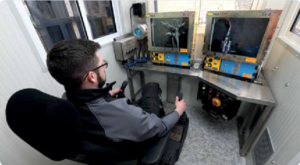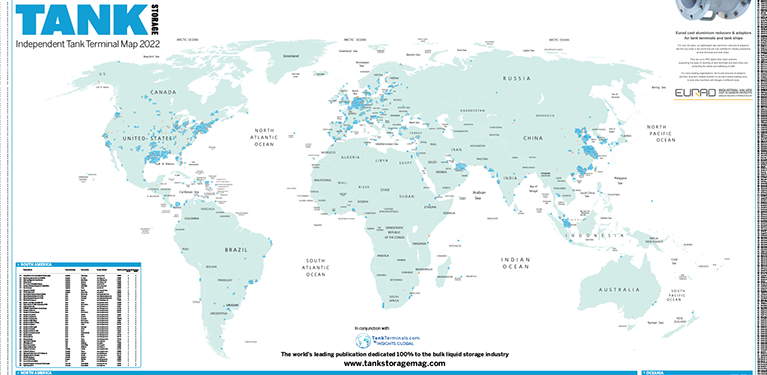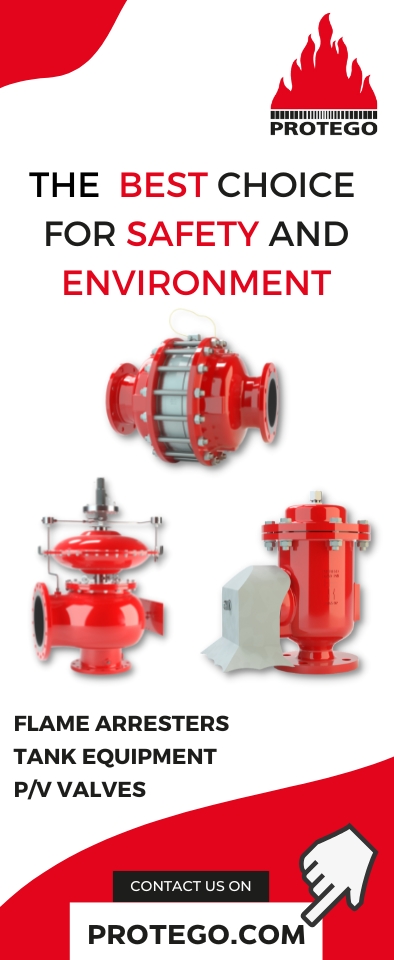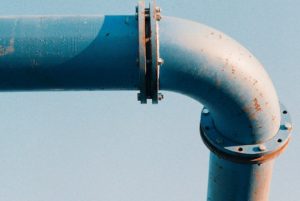 Aidan Doherty, managing director of Re-Gen Robotics, discusses how no-man tank cleaning can impact safety, costs and reputation.
Aidan Doherty, managing director of Re-Gen Robotics, discusses how no-man tank cleaning can impact safety, costs and reputation.
Tank cleaning plays a critical role in ensuring the efficiency and safety of oil storage facilities. Traditional practices involving a confined space entry (CSE) crew for cleaning and maintenance have proven to be hazardous, leading to avoidable fatalities, and accidents.
Prioritising safe, reliable and efficient tank cleaning is vital to terminal operators. This is especially true when they consider the financial, human and reputational damage of accidents and injuries, not to mention the downtime associated with using a traditional manned crew. Thus, terminal operators should be advocating for the urgent enforcement of no-man entry in tank cleaning, where possible. The adoption of no-man entry cleaning methods, like those available from Re-Gen Robotics, is increasingly favoured.
The initial investment in implementing automated systems would be offset by long-term benefits, including reduced labour costs, lower insurance premiums, and minimised expenses associated with accidents, injuries, and litigation.
In today’s connected world, reputation is everything. News of accidents, injuries, or fatalities in the oil tank cleaning industry spreads fast, leading to negative public perception of affected companies. Adverse incidents can irreparably damage a company’s reputation, undermine investor confidence, and directly impact share prices. By prioritising manless entry companies can protect their brand image, enhance stakeholder trust, and maintain a positive market valuation.
The benefits of no-man entry
The manual cleaning of oil tanks presents inherent risks, including exposure to toxic gases, lack of oxygen, and potential explosions. Tragically, these hazards have resulted in the loss of human lives and severe injuries. Any fatality is one too many with a significant impact on families, communities and companies.
Employing manless entry systems, such as Re-Gen Robotics’ Zone 0 EX certified, remote-controlled robotic tank cleaning service can significantly reduce or eliminate these risks altogether. By removing human workers from dangerous confined space entry environments, companies can prevent accidents and fatalities for their employees.
Operational efficiency
The Re-Gen Robotics team has a highly specialised background in oil tank cleaning, hydrocarbon recovery, and waste minimisation. Its experience encompasses every tank design and type of material such as crude, Jet-A1, gas oil, heating oil and gasoline. In less than four years, Re-Gen Robotics has eliminated 15,000+ hours of CSE cleaning in over 60 tanks.
Industry giants, such as Shell, Valero, P66, ExxonMobil and Vermilion, are embracing no-man entry tank cleaning services because they’ve discovered they offer major advantages in terms of operational efficiency.
Re-Gen Robotics’ technology can perform tank cleaning tasks with increased speed, precision and consistency compared to any other system or human labour. Tank downtime is reduced by between 40 60% because of the short time it takes to assemble the equipment and the elimination of staff in CSE.
What happens on site
From arrival on site, the entire tank cleaning system can be set up in four hours. That’s a significant reduction compared to the time required for human crews to prepare. Robotic tank cleaning is also classed in many operators’ systems as a medium risk, which also reduces lengthy procedures, paperwork and the complexity of permits.
Re-Gen Robotics’ robot is not susceptible to fatigue, leading to reduced downtime during maintenance activities. As a result, companies can enhance their overall productivity and cost-effectiveness.
A robot can optimise the cleaning processes leading to decreased water and chemical usage, further contributing to cost reduction and environmental sustainability. This boosts environmental, social and governance (ESG) credentials.
ATEX Zone 0 robots are economically and environmentally friendly because of their closed-loop cleaning circuit. There is an opportunity to reclaim precious oil from the sludge and return it to the customer, which they can monetise.
For more information:
Re-Gen Robotics’ key success is achieving far greater technical results while having fewer people risk their lives. It is time to prioritise safety, embrace innovation, and work towards a safer and more efficient oil tank cleaning industry.














